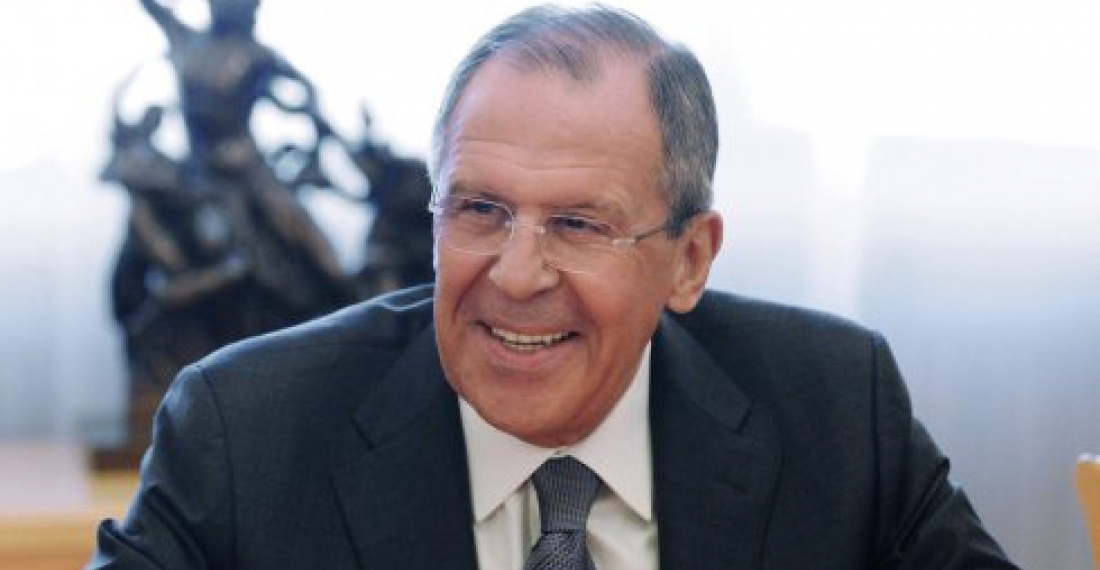Министр иностранных дел России Сергей Лавров в интервью армянскому журналу «Regional Post - Caucasus», которое также размещено на веб-сайте Министерства иностранных дел России, затронул вопрос российско-турецких отношений и их влияние на Армению.
В интервью Лавров заявил, что нормализация отношений между Россией и Турцией не должна рассматриваться как процесс, который может нанести ущерб другим государствам. "У России нет скрытой повестки дня. Мы не строим политические или экономические альянсы, направленные против третьих стран и ущемляющие чьи-либо интересы. В целом, открыты к конструктивному взаимоуважительному сотрудничеству со всеми, кто проявляет встречную готовность. Убеждены, что вывод российско-турецких связей из многомесячного кризиса повысит доверие и взаимопонимание в регионе. Рассчитываем, что поэтапное восстановление двусторонней кооперации с Анкарой пойдет на пользу миру, безопасности и стабильности в Закавказье."
Отвечая на вопрос об открытии границы между Арменией и Турцией, министр иностранных дел Лавров сказал: "Разумеется, мы бы только приветствовали, чтобы армяно-турецкий участок внешней границы ЕАЭС был открыт для свободного перемещения людей, товаров и услуг. Это, без сомнения, пойдет на пользу региону в целом."
Министр иностранных дел отметил, что "Россия играла важную роль в размораживании отношений между Арменией и Турцией в активной фазе этого процесса - в 2007-2009 годы. Результатом общих усилий, разумеется, прежде всего Еревана и Анкары, стало подписание в Цюрихе 10 октября 2009 года - в присутствии министров иностранных дел России, США, Франции, Словении и Верховного представителя ЕС по общей внешней политике и политике безопасности."
"К сожалению, позднее процесс нормализации застопорился и к настоящему времени остановился. Однако принципиально важно, что стороны продемонстрировали способность договариваться и принимать серьезные, ответственные решения. Убежден, что Армения и Турция способны урегулировать имеющиеся проблемы. При этом очень многое зависит от них самих. Ведь качество политиков определяется не только глубиной реалистического анализа объективных трудностей, но и способностью быть оптимистом, чтобы реализовать надежды и чаяния своих граждан. Когда Ереван и Анкара сядут за стол переговоров, Россия будет готова оказать им самое активное содействие."
В интервью Сергей Лавров хвалебно высказался о российско-армянских отношениях, отметив, что "Россия и Армения являются надежными союзниками в международных делах и в сфере безопасности".
источник: commonspace.eu
фото: Сергей Лавров






